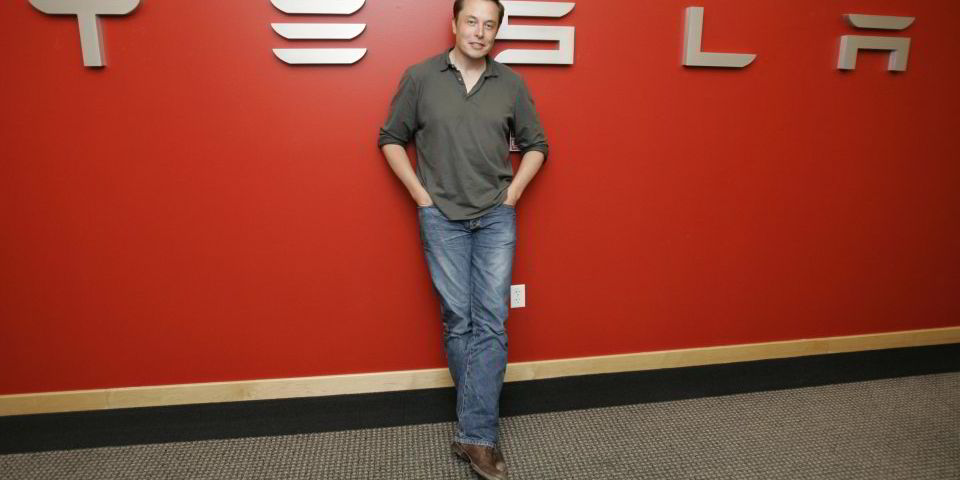Tesla said the agreement is contingent on its own $2.6bn acquisition of SolarCity going ahead. If it does, Panasonic will begin production at the new plant in Buffalo, New York, in 2017.
The partnership, outlined in a non-binding letter of intent, will see Tesla and SolarCity, the largest US rooftop PV installer, “provide a long-term purchase commitment for those cells from Panasonic”.
Detailed information regarding the planned link between Panasonic and Tesla was not given in a statement from the latter, but it would extend a partnership that has already seen them work together in the US start-up's EV and battery businesses.
Tech entrepreneur Elon Musk, who is the chairman of both Tesla and SolarCity, hinted earlier this year that a “strategic partnership” over cell production was in the offing, as he outlined plans to make SolarCity the world’s “lowest cost” solar manufacturer.
For Panasonic's part, the Japanese group told Recharge in April that it was laying plans for a major push into the US residential PV sector, claiming it was "the perfect time" to enter the market there.
Bringing Panasonic on board would add an established global heavyweight to the Tesla plus SolarCity equation, which is attempting to create a major new force in the fast-converging worlds of electric mobility, distributed generation and storage.
Tesla's statement announcing the deal said: “Under this agreement, which is contingent upon shareholders' approval of Tesla’s acquisition of SolarCity, Tesla will use the cells and modules in a solar energy system that will work seamlessly with Powerwall and Powerpack, Tesla’s energy storage products.
“With the aid of installation, sales and financing capabilities from SolarCity, Tesla will bring an integrated sustainable energy solution to residential, commercial, and grid-scale customers.”
The acquisition will be voted on by shareholders of Tesla and SolarCity on 17 November, with additional plans for the merged companies due to be unveiled on 1 November.
The Tesla takeover deal has proved controversial, not least because of the ties between the management of the two companies.
Critics assert it amounts to a bailout for SolarCity. Both companies have posted financial losses since going public and are suffering from a cash squeeze.
SolarCity is planning job cuts as part of a cost-cutting drive, and has reduced its 2016 annual installation forecast several times this year, most recently to 900MW-1GW.
Musk’s cousins Lyndon and Peter Rive are chief executive and head of technology at SolarCity respectively. Musk is the largest shareholder of both companies, and will not vote on the offer.

